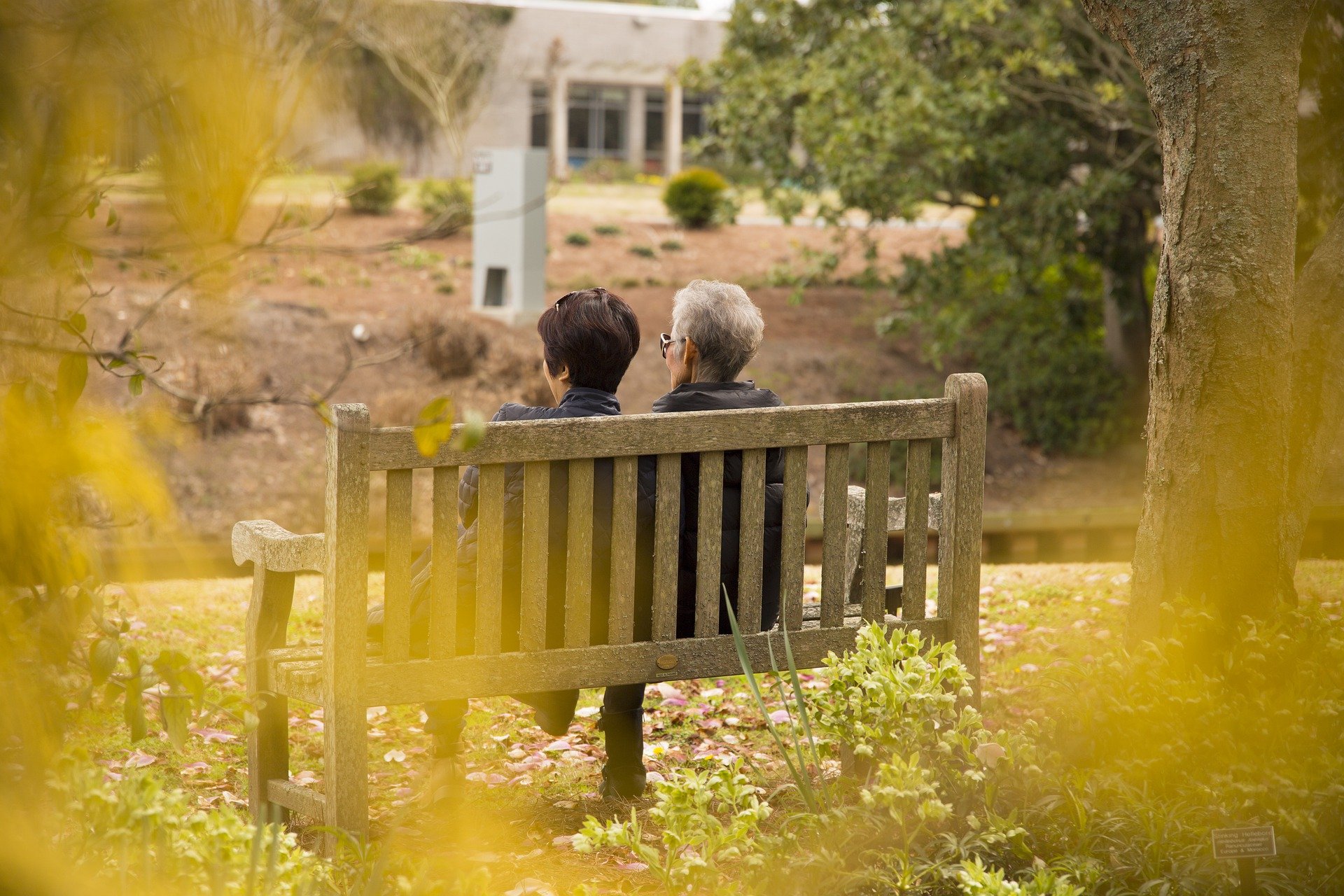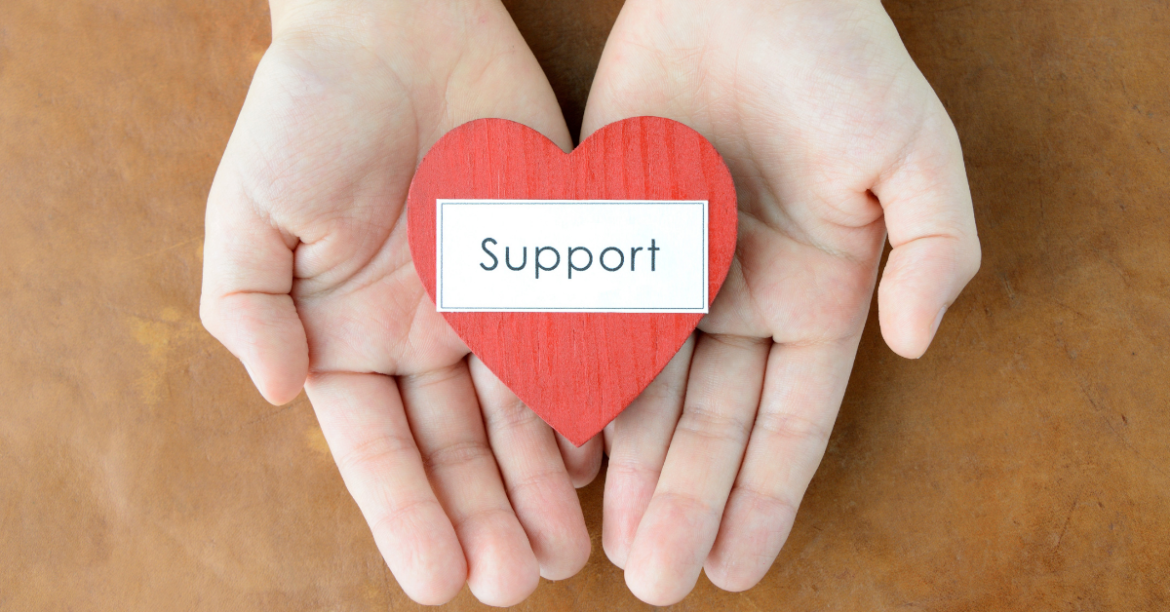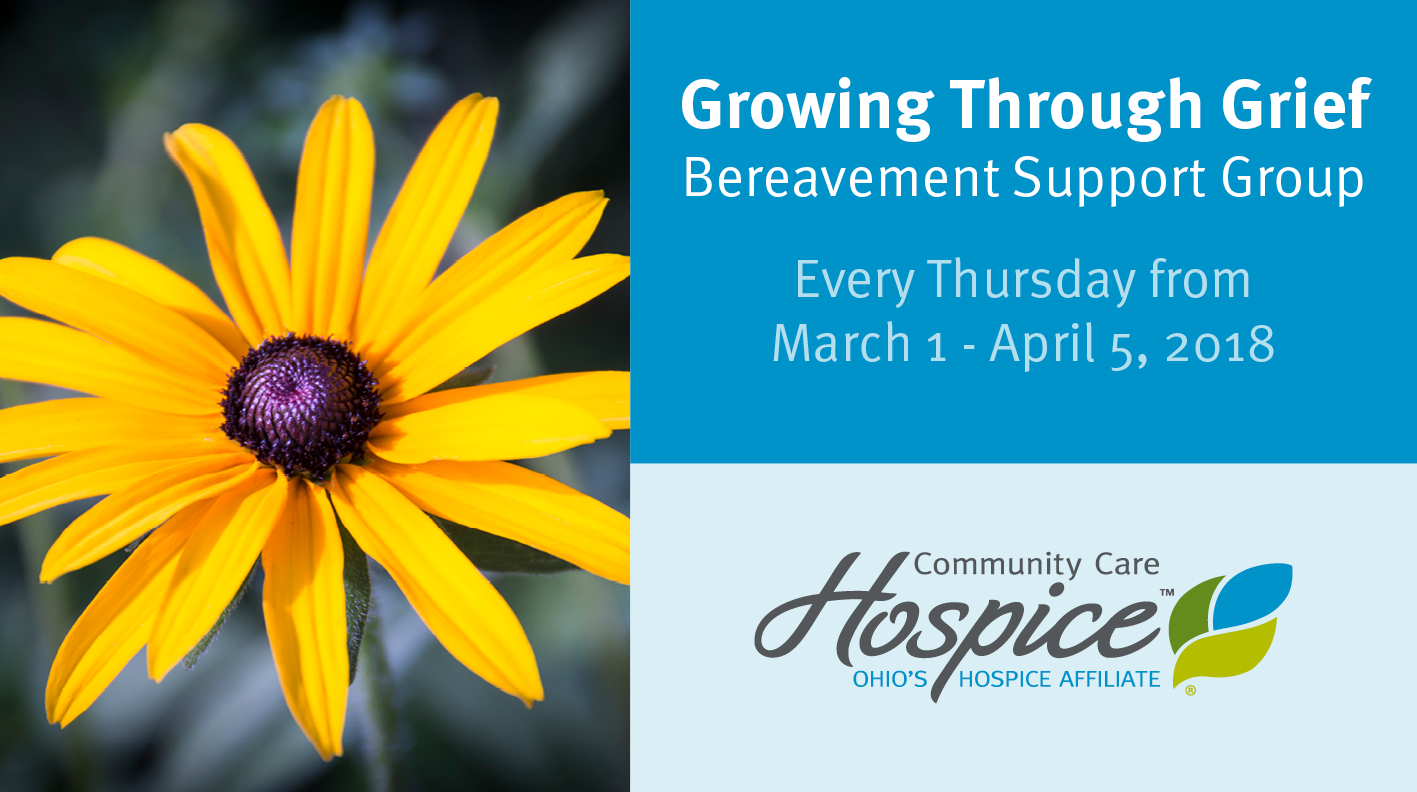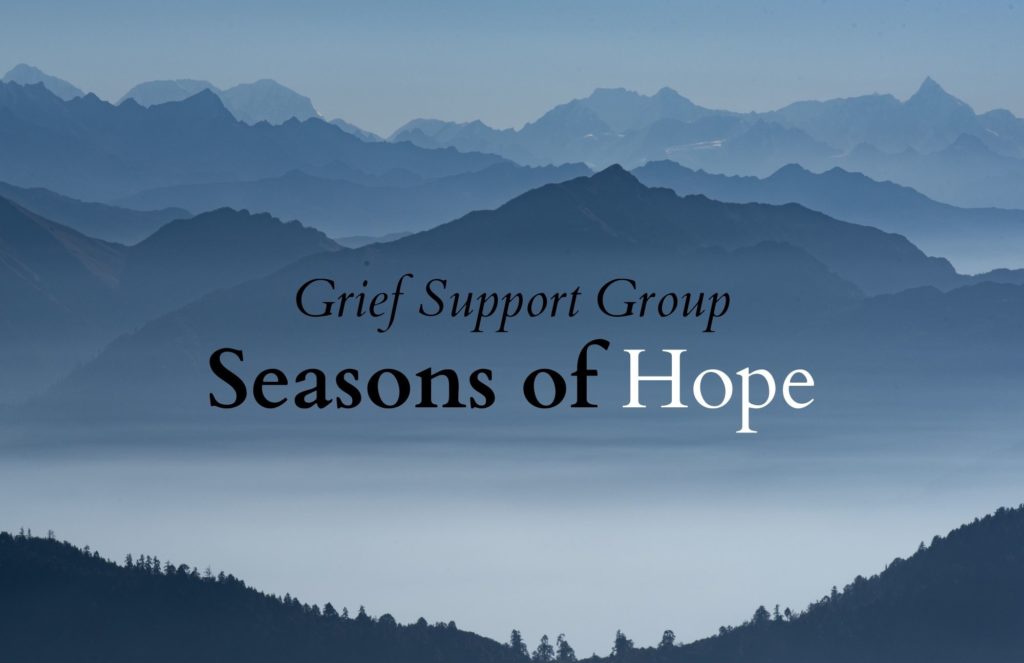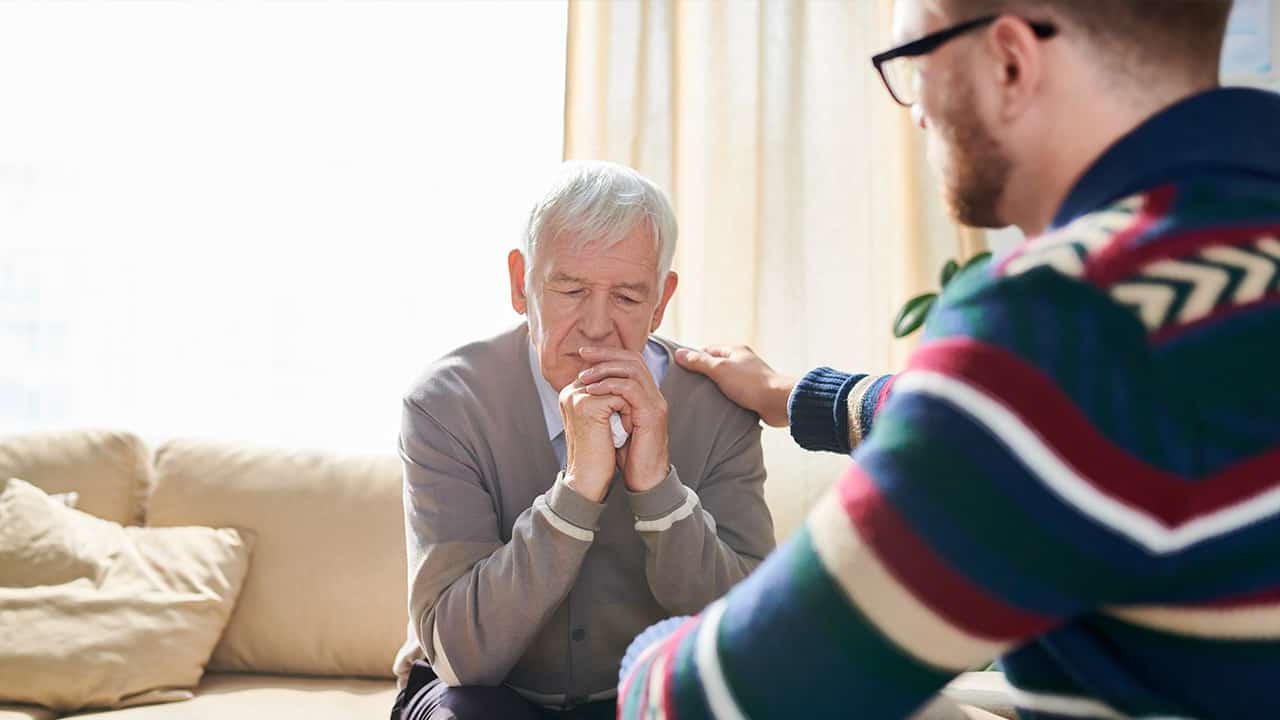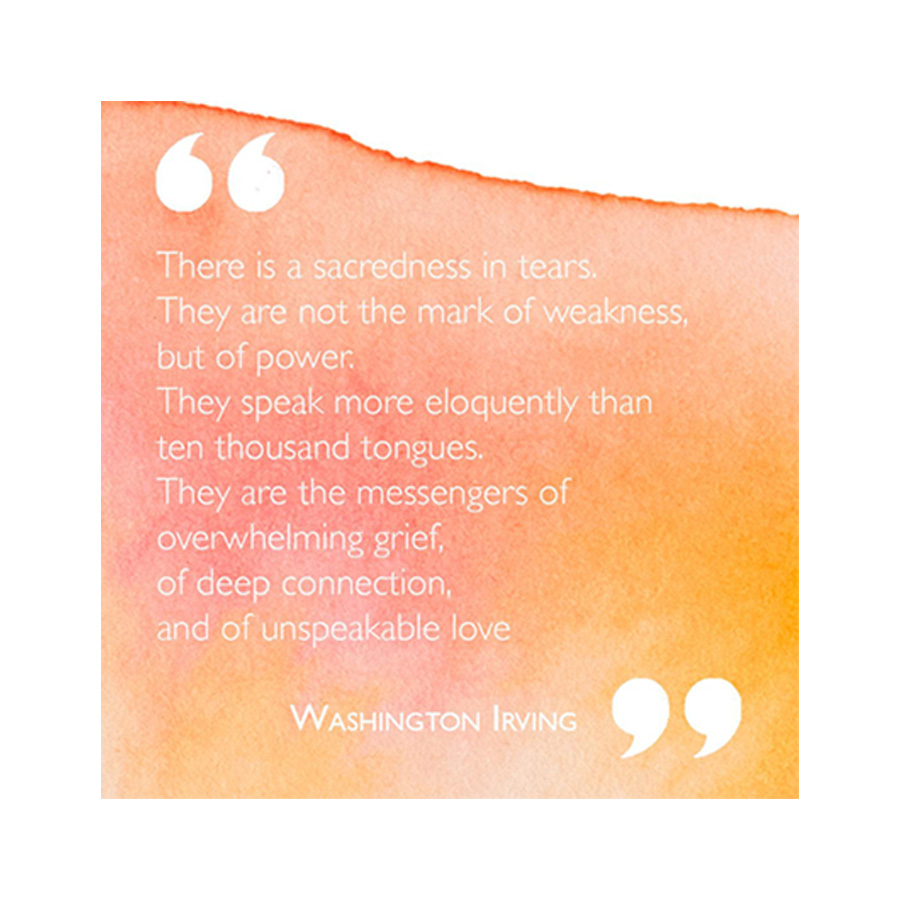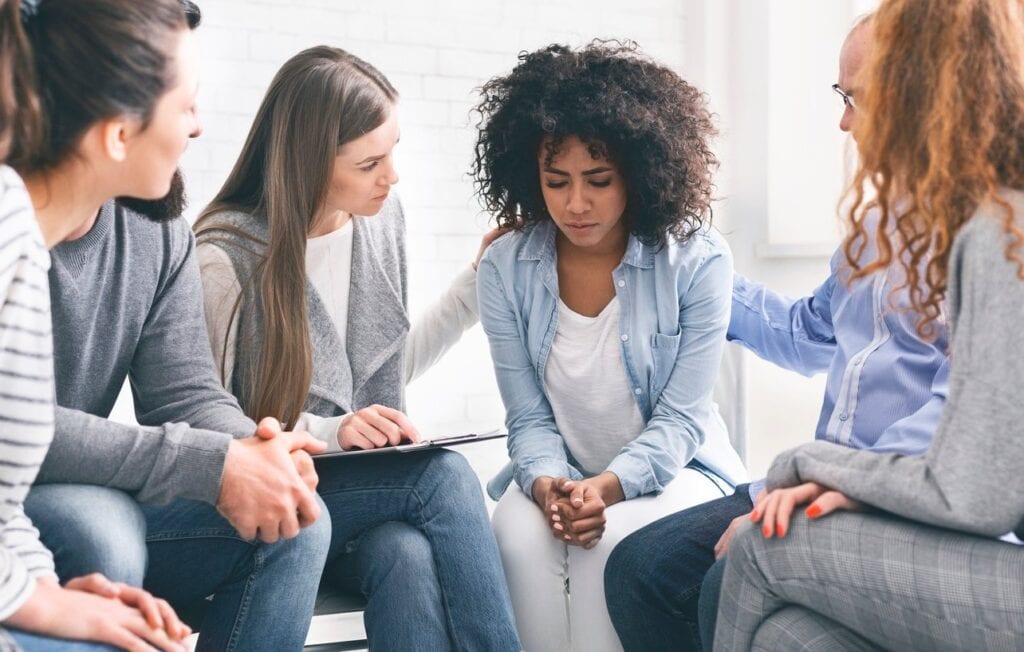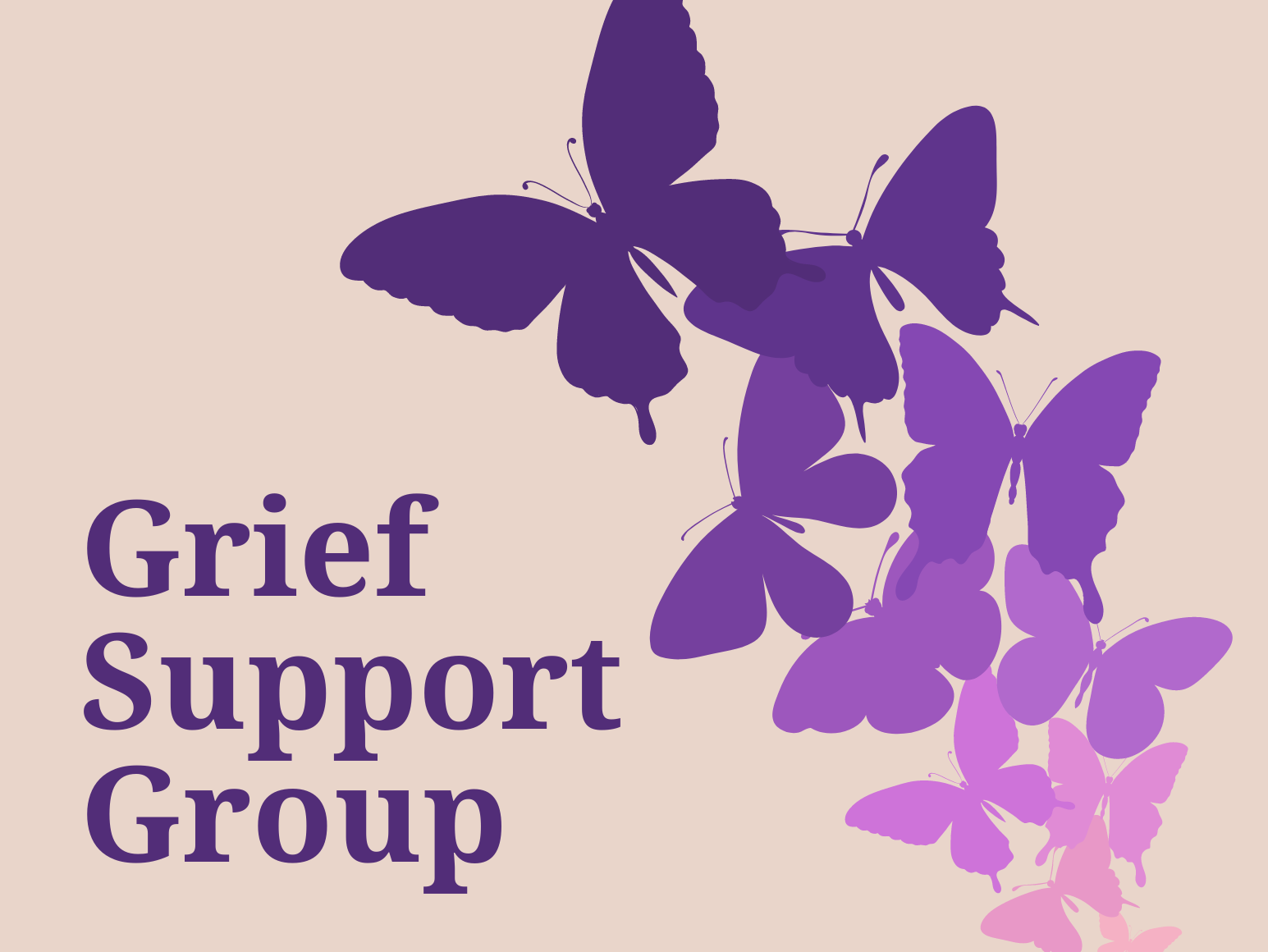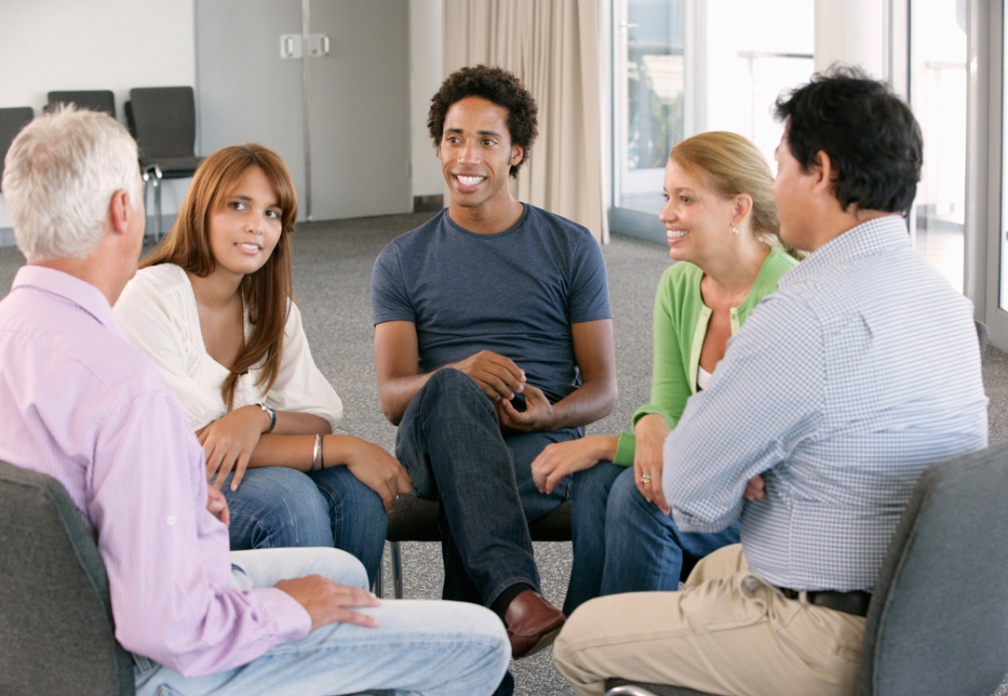Real Info About How To Start A Grief Support Group

Grief can feel very lonely, even when you have loved ones around.
How to start a grief support group. The better your understanding of grief and how it is. Want to bring hope and healing to the hurting in your. Determine the purpose of your grief support group and establish clear goals.
64 things understanding grief for professionals types of grief and loss support systems emotion supporting a griever creative coping memorials and. Asking for help can be difficult. A safe place to express feelings due to loss.
Helping a grieving person tip 1: Join a support group. Some are general, welcoming anyone dealing with loss, while others are more specific, focusing on particular types of loss such as the.
We're commonly asked how to start adenine grief support group. At the first meeting: Define your purpose and goals:
Below are the potential benefits of a bereavement support group: Setting up a grief support group. These groups can take many forms.
#1 grief support group program in the world how griefshare helps you navigating loss and grief through a support group videos that encourage each weekly griefshare. Maintain your support after the funeral. When you’re ready to join a support group, here are.
Setting up and running a grief support group is an admirable way of bringing bereaved persons together to get them the help they need. Sharing your sorrow with others who have experienced similar losses can. Consider searching for your city’s name + grief (“san francisco + grief support”) and head to your city’s resources page.
Griefshare is a grief recovery support group where you can find help and healing for the hurt of losing a loved one. You don’t have to be a professional. A grief or bereavement support group can provide valuable emotional connections and support during a traumatic time.
These might also show up in your local library’s resources. Here are some steps to help you get started: Support groups are supposed to meet needs.
After the loss, “a trained volunteer, clergy member, or professional counselor provides support to survivors through visits, phone calls, and/or other contact, as well as.


